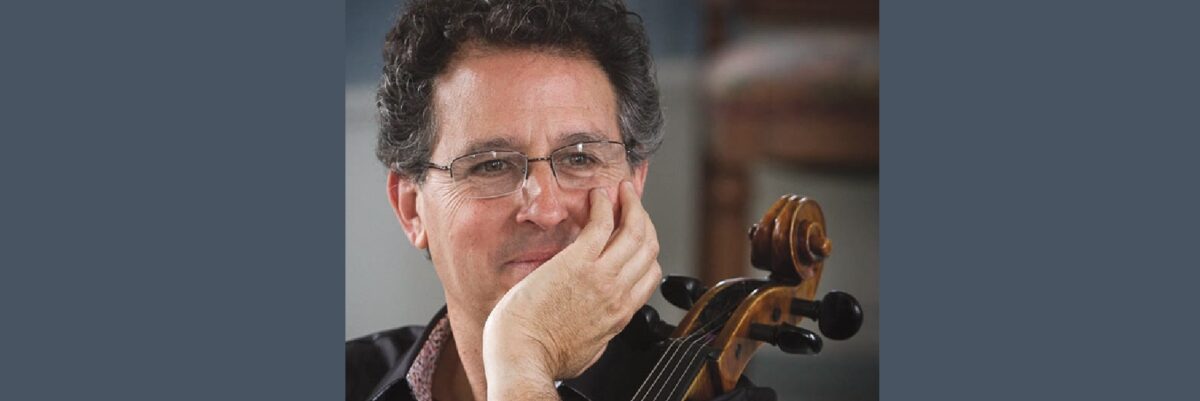Monica Chew joined AMN founder Lolly Lewis by Zoom to talk about working with Paul Hersh and her return to music after a long absence.
“The best thing about coming to studio class with Paul is always the other players who come and share music.”
Although the Ravel piece that Monica Chew will bring to the workshop is the most modern music on our series, to Monica it’s very much music of the past. She has returned to classical music after many years away: having studied piano with Hersh for a year when she was a Conservatory student, she pursued a career in tech after college, coming back to piano as part of her renewed music life as a composer and new music advocate.
“I hadn’t seen Paul in many years, I took a long time off of music after I finished my Masters with him, and it’s been really nice to reconnect.”
She says she now finds that her approach is different from his, because “Paul is very score-based. Now that I’m also a composer I know how much there is that can’t be expressed in a score. I view music-making as much more a collaboration.”
“I’m very intimidated by piano music, simply because there’s such a large body of work for piano, probably more than any other instrument, and so much has already been contributed. What can you say that’s new? I still study piano music, and Ravel is one of those composers whose piano music is incredibly idiomatic. One of the things I love about his work is how well it lies underneath the hands. Even though he writes a lot of really difficult music, one always feels as though he really thought about the pianist.”
Monica talked about working with Paul: “He’s certainly a Renaissance man! He has many areas of interest in which he’s achieved a high level of knowledge. One of the things I really appreciate about Paul, is his curmudgeonliness about piano music and playing the piano. He doesn’t care how difficult a piece is or how well-regarded it is in the literature, or how much you’ve struggled just to get the notes out of the instrument. It’s very much an approach of, if it can be more musical, then let’s try and make it more musical.”
I hope that you will join AMN’s fourth and final session of the Piano Conversations series on May 11 as Paul and Monica explore one of the movements of Ravel’s Miroirs in greater depth.
Learn more in this preview video!
ATTEND ONLINE
Online participants will be part of the conversation, adding questions and comments in real time. And all registered participants will receive a video link to the workshop recording.
Tickets are $65 for the series, $20 for individual sessions.
DATES, TIMES, AND TOPICS
Wednesday, April 20, 2022 | 5:30 p.m. Pacific
Ludwig van Beethoven
Piano Sonata, Op. 109 (1820) – 3. Theme and Variations
Pianist: Christopher Basso
Wednesday, April 27, 2022 | 5:30 p.m. Pacific
Franz Schubert
Drei Klavierstucke, D. 946 (1828) – No. 1 Allegro assai
Pianist: Hye Yeong Min
Wednesday, May 4, 2022 | 5:30 p.m. Pacific
Frederic Chopin
Ballade No. 3 in A-Flat Major, Op. 47 (1841)
Pianist: Laura Magnani
Wednesday, May 11, 2022 | 5:30 p.m. Pacific
Maurice Ravel
Miroirs (1905) – 3. Une barque sur l’ocean
Pianist: Monica Chew




